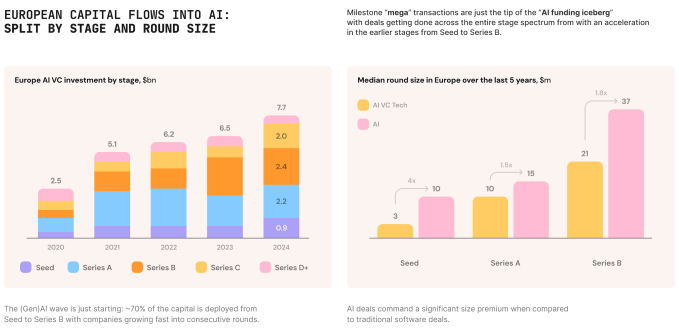Edit Content
Trending






A research team led by Principal Researcher Jinhyo Yoon at the Division of AI, Big data and Blockchain (ABB), Daegu Gyeongbuk Institute of Science & Technology, has successfully identified clues regarding late capitalism in Milan, Naples and Genoa in Italy.
Focused on the ecological crisis, crisis of the care economy, and growth without employment—issues that pose a threat to the sustainability of capitalism—this study analyzed the cases of these cities and proposed new possibilities for today’s capitalism.
Today’s capitalism faces serious crises, including increasing environmental pollution, deepening inequality, and decreased employment due to digital transformation. If these issues are not addressed, building a sustainable economic system will not be possible, which could lead to severe social conflicts. The study conducted proposes a practical urban economic model for overcoming this crisis, offering academic and policy directions in responding to the late capitalist era.
Based on in-depth interviews, field observations, and email surveys, the research team analyzed the economic and social structure of Milan, Naples, and Genoa in Italy. The study, published in the journal Cities and conducted in collaboration with researchers from DGIST in Korea, Professors Giovanna Del Gaudio and Valentina Della Corte from the University of Naples in Italy, and Professor Tan Yigitcanlar from the Queensland University of Technology in Australia, employed a multifaceted approach to identify a sustainable economic model in the birthplace of commercial capitalism.
The study explored solutions to the three key risks threatening the sustainability of capitalism (ecological crisis, crisis of the care economy, and growth without employment) through the cases of Milan, Naples, and Genoa. The research team identified the following clues to late capitalism found in these cities:
Based on the cases of the cities that served as the starting point for Italian commercial capitalism, the research team suggested clues to achieving ecological sustainability, job creation, and the care economy, which will become specific directions for late capitalism. The findings of this study are expected to serve as an important milestone for major cities in Korea and worldwide, guiding them toward achieving sustainable growth in preparation for the era of late capitalism.
Yoon said, “This study holds significance as it presents a concrete and practical urban economic model that can overcome the crisis of today’s capitalism through international collaboration. The cases of the Italian cities will make important contributions to shaping global urban policies and designing a future economic system.”
More information:
JinHyo Joseph Yun et al, Tracing post-capitalism in cities: Insights from the commercial capitalism’s birthplaces—Genova, Milan, and Naples, Cities (2025). DOI: 10.1016/j.cities.2025.105715
Provided by
Daegu Gyeongbuk Institute of Science and Technology (DGIST)
Citation:
Italian cities offer insights into sustainable economic models (2025, February 4)
retrieved 4 February 2025
from https://phys.org/news/2025-02-italian-cities-insights-sustainable-economic.html
This document is subject to copyright. Apart from any fair dealing for the purpose of private study or research, no
part may be reproduced without the written permission. The content is provided for information purposes only.
©2024. Livebuzznews. All Rights Reserved.